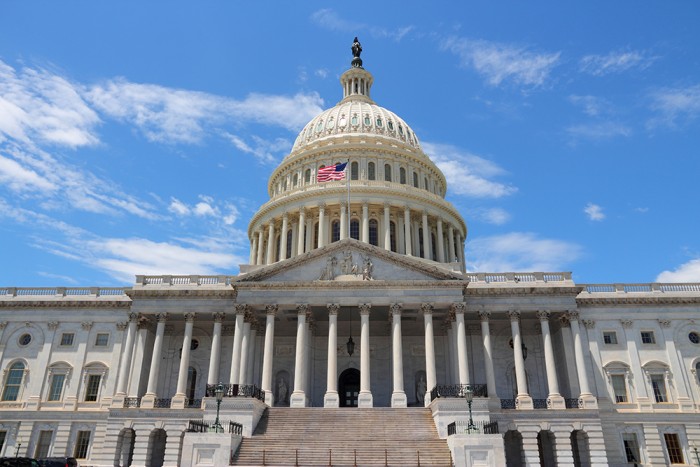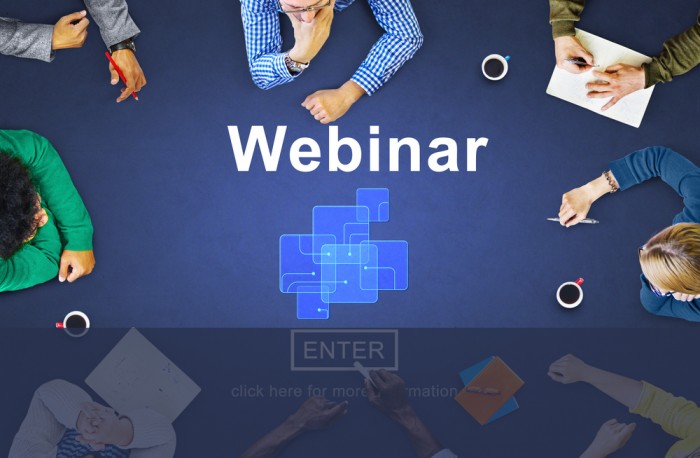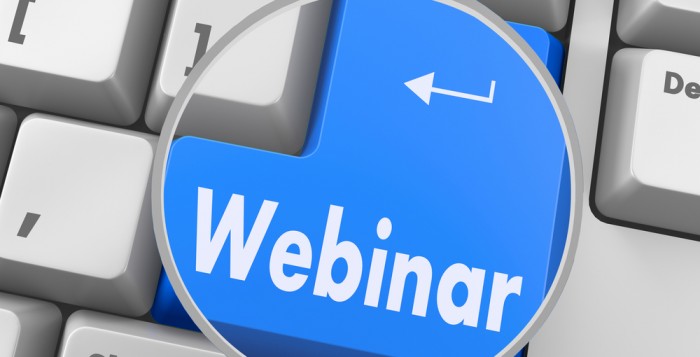Late last week, the House passed the Families First Coronavirus Response Act (HR 6201). The final bill was extensively negotiated between House Democrats and the White House. The bill is now with the Senate for passage early next week. This is the second funding package in the federal response to COVID-19.
The bill proposes:
Increased Federal Funding
- Provides states with a 6.2% increase on their traditional FMAP for all medical services, if they agree to certain terms.
- FMAP increase will last the length of the Public Health Emergency.
- This will not apply to either an expansion or administrative FMAP.
- No specific rate increase to ensure that relief for the Medicaid states is shared with disability workforce.
- Provides the territories with a 6.2% increase on their traditional FMAP and a corresponding increase in their allotments for the next two fiscal years.
- Provides $1 billion in grant funding to help states manage and expand their unemployment insurance programs.
Sick Leave
- Employees of employers with fewer than 500 employees and government employers, who have been on the job for at least 30 days, with the right take up to 12 weeks of job-protected leave under FMLA to be used for any of the following reasons:
- To adhere to a requirement or recommendation to quarantine due to exposure to or symptoms of coronavirus;
- To care for an at-risk family member who is adhering to a requirement or recommendation to quarantine due to exposure to or symptoms of coronavirus; and
- To care for a child of an employee if the child’s school or place of care has been closed, or the child-care provider is unavailable, due to a coronavirus.
- After the two weeks of paid leave, employees will receive a benefit from their employers that will be no less than two-thirds of the employee’s usual pay.
- Employers with 500 or less employees will get all wages associated with the sick leave and FMLA provisions 100% covered via tax credits.
- Employers with more than 500 employees are excluded.
- DOL will have the option of exempting workers at any company with fewer than 50 employees, if it determines that providing paid leave “would jeopardize the viability of the business as a going concern.”
- The caregiving component of the paid sick leave provisions does not cover a family member or other individual stepping in as a caregiver if COVID-19 results in someone losing their usual source of care and does not apply to caring for adults with disabilities.
- Unlike earlier drafts, it does not establish a permanent paid sick leave entitlement for all families.
- $15 million for the Internal Revenue Service to implement tax credits for paid sick and paid family and medical leave.
- Amendments to FMLA would expire in a year and exemptions are available for small businesses.
- There is no additional funding for SSA to administer these programs.
Testing, Treatment, and Other Medical Provisions
- Zero cost-sharing in Medicaid program related to testing and diagnosis of COVID-19, waiving all cost sharing for labs and diagnostics.
- State option to provide coverage for the uninsured for these services through the Medicaid program. Provides states with 100% FMAP for all the services related to the cost sharing for those states taking up this state option.
- Leaves Medicaid cost-sharing in place for medical services related to treatment of COVID-19.
- No provisions ensure people with disabilities have access to a 90-day medication and medical supply fills.
Telehealth
- Waives current prohibitions surrounding the furnishing of telehealth services in the Medicare program, during the current public health emergency, furnishing a service allowable under the Medicare program, even if the program did not pay for such service, is a qualifying relationship.
- Silent on Medicaid telehealth.
Nutrition Assistance
- $250 million for the Senior Nutrition program in ACL.
- $400 million to assist local food banks to meet increased demand for low-income Americans during the emergency. Of the total, $300 million is for the purchase of nutritious foods and $100 million is to support the storage and distribution of the foods.
- Suspends the work and work training requirements for SNAP during this crisis.
We will continue to share information with our members as we become aware.
















